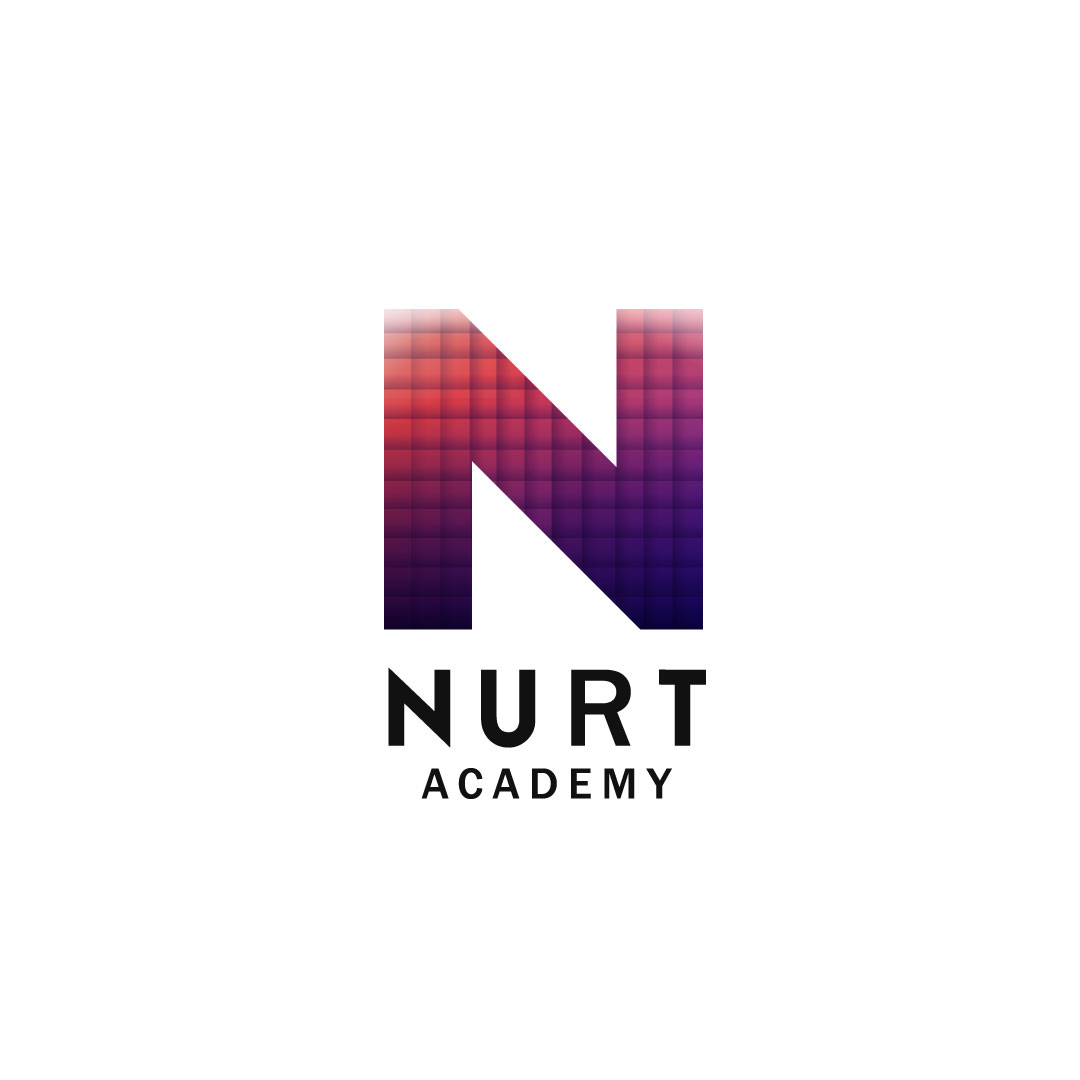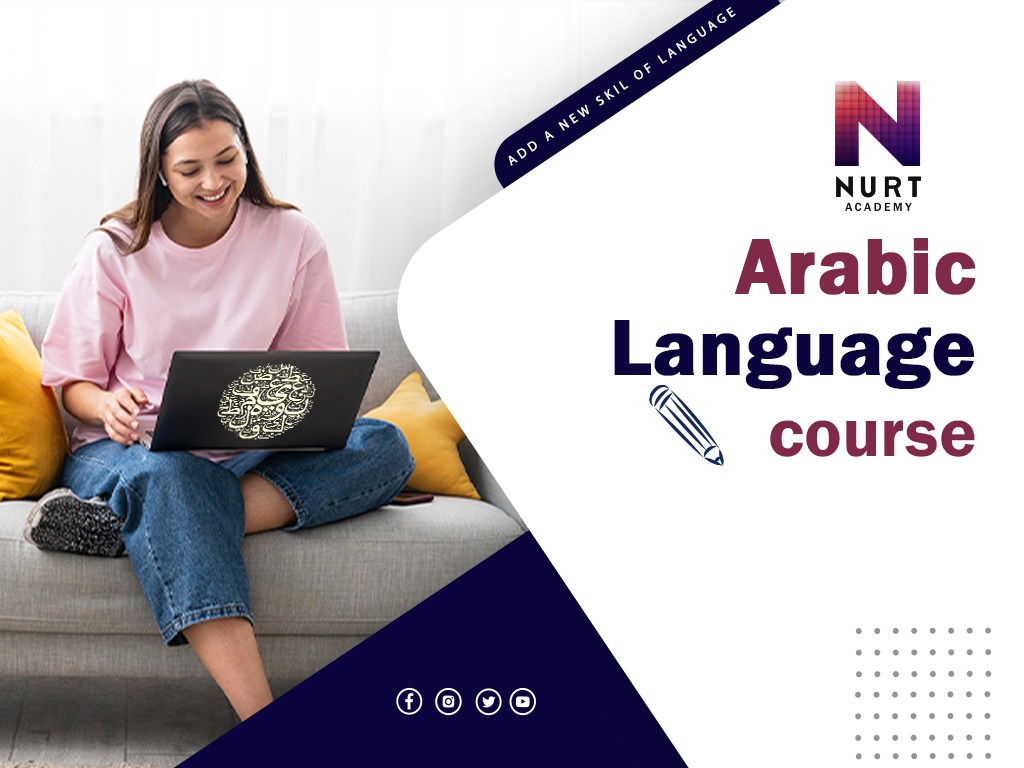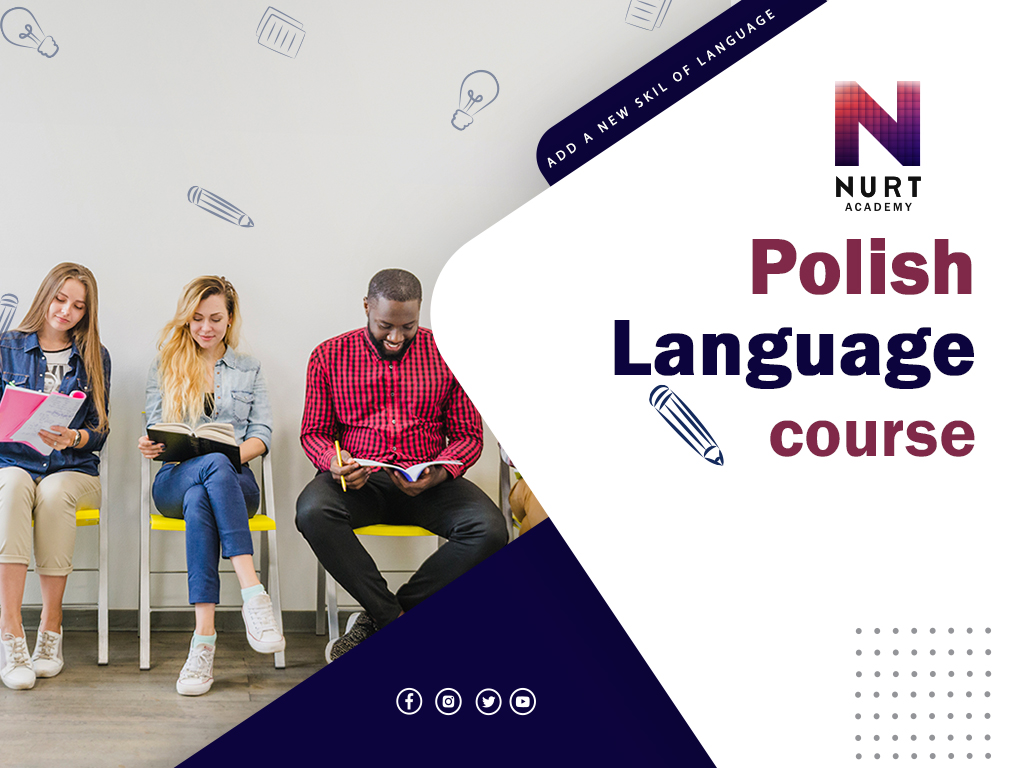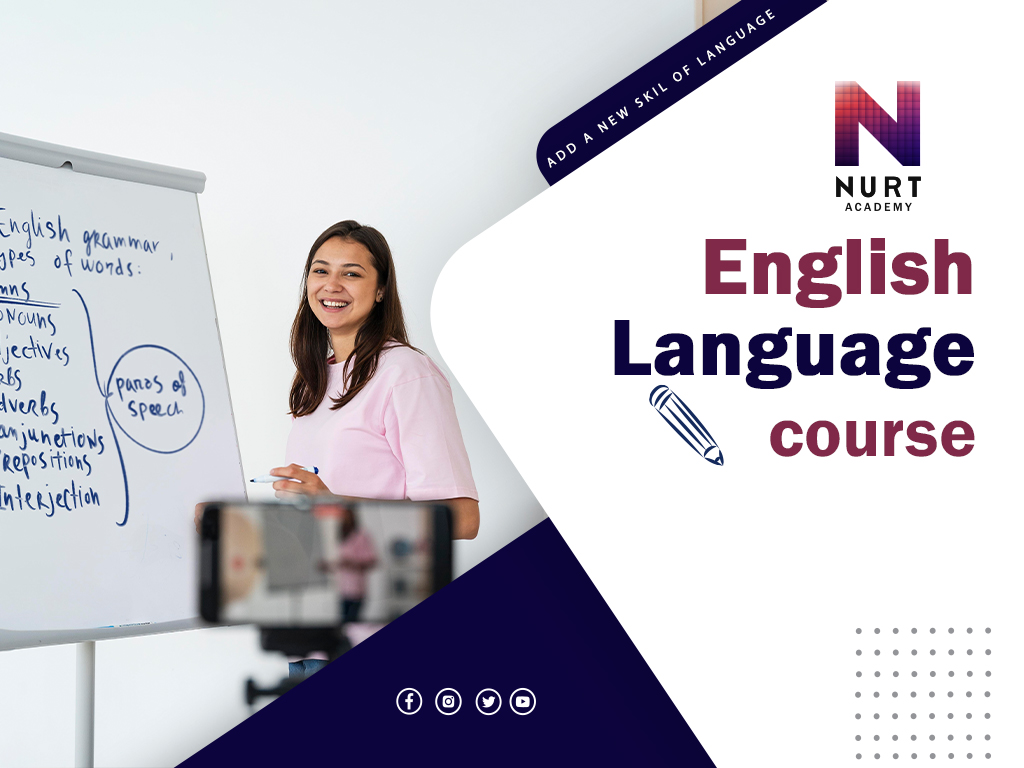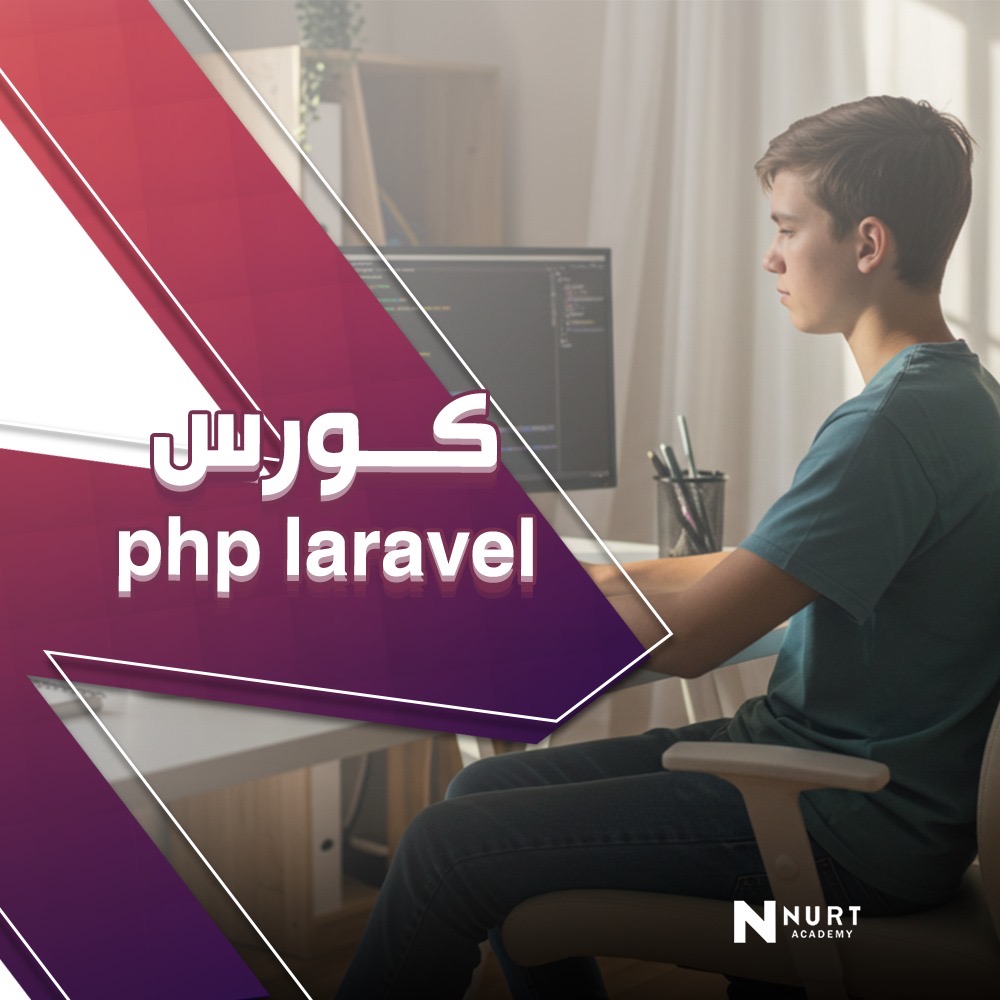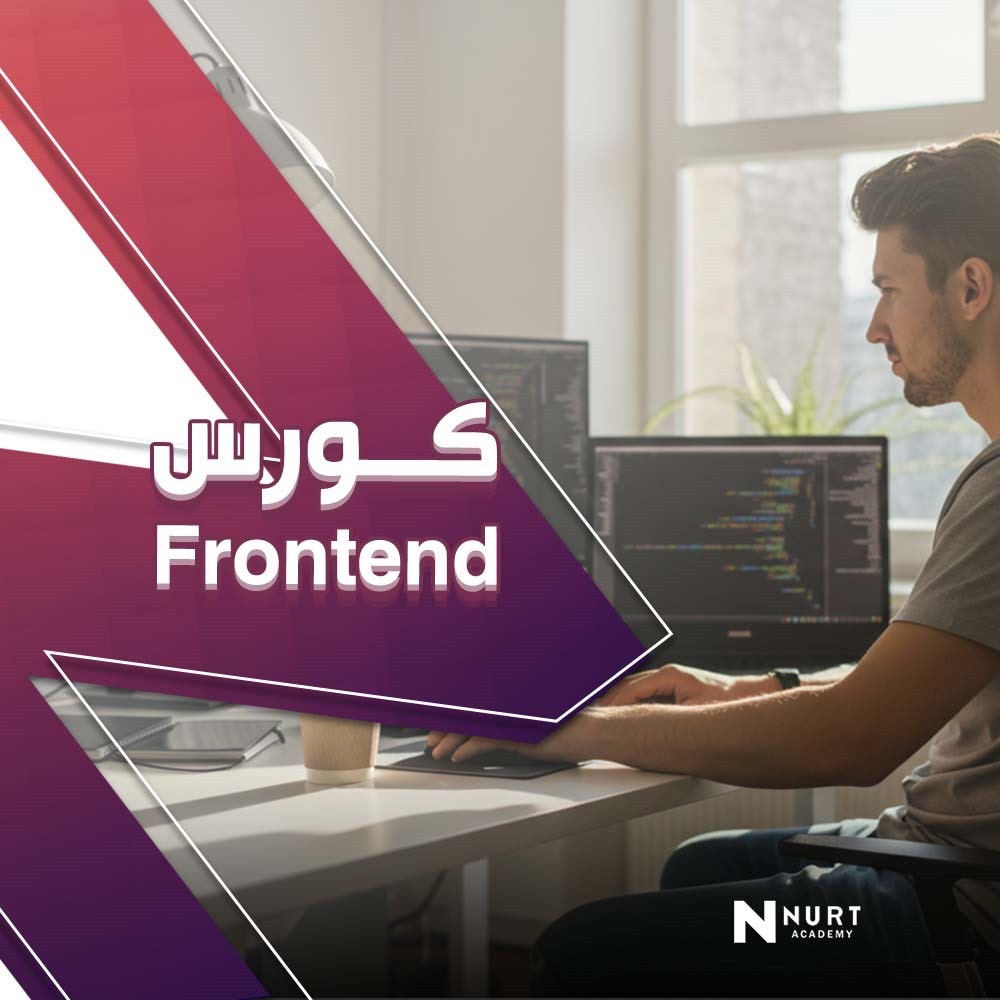PHP diploma
PHP and Laravel Diploma – a program designed specifically for those who want to venture into the world of web development professionally. In this diploma, we will learn how to build web applications and websites from scratch using the renowned PHP language, and we will also delve into the powerful Laravel framework that simplifies the development process and enables you to complete your projects quickly and efficiently. The program not only provides you with the theoretical foundations but also includes hands-on work and real-world projects that help you acquire the skills required in the IT and web development market.
Description
PHP and Laravel Diploma
This diploma is a comprehensive training program designed to equip you with the skills needed to become a professional web developer using PHP and the Laravel framework. It is crafted for beginners as well as those looking to enhance their existing knowledge, blending in-depth theory with hands-on practical projects that simulate real-world development challenges.
1. Introduction and Course Objectives
Overview:
Learn about the pivotal role of PHP and Laravel in modern web development and explore the numerous career opportunities available in the IT field.Course Goals:
- Build a strong foundation in PHP programming.
- Master advanced programming techniques including object-oriented programming and secure database interactions.
- Gain proficiency in Laravel to build scalable, high-performance web applications.
2. PHP Fundamentals Module
Introduction to PHP:
- Understand PHP’s evolution and its importance in server-side scripting.
- Explore how PHP powers dynamic web pages and applications.
Setting Up Your Development Environment:
- Step-by-step guide to installing PHP and configuring local servers using tools like XAMPP or MAMP.
- Learn to use development tools that streamline the coding process.
Core Programming Concepts:
- Variables, data types, operators, and control structures (loops and conditionals).
- Functions: creation, usage, and how to build reusable code.
Practical Projects:
- Create simple interactive applications (e.g., task manager, calculator) to apply core concepts and build confidence in coding.
3. Advanced PHP and Database Integration
Object-Oriented Programming (OOP) in PHP:
- Dive into the principles of OOP: classes, objects, inheritance, encapsulation, and polymorphism.
- Develop reusable and modular code through practical examples.
Database Connectivity and Management:
- Learn to connect PHP with databases like MySQL.
- Implement CRUD operations (Create, Read, Update, Delete) while ensuring data security through best practices like input sanitization and protection against SQL injection.
Hands-On Projects:
- Build a user authentication system.
- Develop a data management application featuring interactive interfaces and dynamic data handling.
4. Laravel Framework Mastery
Introduction to Laravel:
- Overview of Laravel’s key features and why it is the framework of choice for modern web development.
- Compare Laravel with other frameworks to understand its unique advantages.
Installation and Setup:
- Detailed instructions for installing Laravel and setting up a project.
- Overview of Laravel’s directory structure and core components.
Core Laravel Concepts:
- Routing: Define routes and connect them with controllers to manage application flow.
- Blade Templating Engine: Use Blade to design dynamic, modular, and easily maintainable user interfaces.
- Eloquent ORM: Simplify database interactions with Laravel’s built-in ORM for efficient query building.
- Security and Authentication: Implement robust authentication systems and best practices to secure your applications.
Applied Projects Using Laravel:
- Personal Blog:
Build a complete blogging platform where users can create, edit, publish posts, and manage comments. - E-commerce Platform:
Develop an online store featuring product management, a shopping cart system, and secure payment processing. - RESTful API Development:
Create APIs that enable seamless communication between your web application and other services—a highly marketable skill.
- Personal Blog:
5. Interactive Workshops and Hands-On Training
Live Coding Sessions and Workshops:
Participate in interactive sessions where you work on real-world problems under the guidance of experienced developers.Coding Challenges and Assignments:
Regular exercises and challenges reinforce theoretical knowledge while sharpening your problem-solving skills.Continuous Assessments:
Periodic tests and project reviews to ensure a solid grasp of concepts and their practical applications.
6. Career Guidance and Portfolio Development
Building Your Professional Portfolio:
Learn how to document and present your projects in a professional manner to create a compelling portfolio.Job Market Preparation:
Receive tips on resume building, interview techniques, and strategies to secure job opportunities in the IT sector.Networking and Industry Insights:
Engage with industry professionals during special sessions to gain insights into current trends and best practices in web development.
7. Final Course Outcomes
By the end of this diploma, you will be able to:
- Develop comprehensive web applications using PHP and Laravel.
- Efficiently manage databases and implement secure data operations.
- Design and develop RESTful APIs for enhanced application integration.
- Work collaboratively in a modern development environment using the latest tools and practices.
- Showcase your skills with a portfolio of real-world projects, significantly boosting your employability in the tech industry.
Conclusion
The PHP and Laravel Diploma offers a well-rounded educational experience that bridges theory with practice. Whether you are a beginner or looking to advance your skills, this course provides the knowledge and practical experience needed to excel in web development and build a successful career in technology.
What are we going to teach in course?
PHP Fundamentals:
- Syntax & Semantics: In-depth exploration of PHP syntax including variables, data types, operators, and control flow structures (if-else, loops, switch).
- Function Development: Mastery of functions, recursion, and higher-order functions for creating modular, maintainable code.
- Error Handling & Debugging: Advanced techniques for error detection and debugging to streamline the development process.
- Environment Setup: Configuration of local development environments using tools like XAMPP, MAMP, or Docker for a production-like setup.
Advanced PHP Programming:
- Object-Oriented Programming (OOP): Comprehensive coverage of OOP concepts including classes, objects, inheritance, encapsulation, and polymorphism.
- Design Patterns: Implementation of common design patterns (Singleton, Factory, MVC) to build scalable and efficient applications.
- Coding Standards & Best Practices: Emphasis on writing clean, maintainable code with proper documentation and adherence to coding standards.
- Security Practices: Techniques for input sanitization, data validation, and preventing vulnerabilities like SQL Injection, Cross-Site Scripting (XSS), and Cross-Site Request Forgery (CSRF).
Database Integration and Management:
- Database Connections: Establishing secure connections to relational databases (e.g., MySQL) using PDO and mysqli.
- CRUD Operations: Performing Create, Read, Update, and Delete operations efficiently.
- Advanced Query Techniques: Constructing complex joins, transactions, and optimizing queries for high performance.
- Database Design: Fundamentals of database normalization and schema design for scalable applications.
Laravel Framework Mastery:
- Installation & Configuration: Detailed setup using Composer, artisan commands, and environment variables.
- Laravel Architecture: Deep dive into Laravel’s architecture including service providers, facades, and middleware.
- Routing & RESTful APIs: Advanced routing techniques, resource controllers, and building robust RESTful APIs.
- Blade Templating Engine: Crafting dynamic, reusable components with Blade for modern, responsive front-end design.
- Eloquent ORM: Utilizing Eloquent to manage database interactions, relationships (one-to-one, one-to-many, many-to-many), query scopes, and data mutators.
- Authentication & Authorization: Implementing secure user authentication systems, role-based access control, and integrating social logins.
- Package Integration: Customizing Laravel by integrating third-party packages and modifying default behaviors to suit project needs.
Front-End Integration:
- Basic Web Technologies: Overview of HTML5, CSS3, and JavaScript to complement back-end development.
- Modern JavaScript Frameworks: Introduction to integrating libraries like Vue.js or React with Laravel for building dynamic, single-page applications.
Testing and Deployment:
- Automated Testing: Writing unit tests and feature tests using PHPUnit and Laravel’s built-in testing framework to ensure code reliability.
- Continuous Integration/Deployment: Setting up CI/CD pipelines with tools like Git, GitHub Actions, or Jenkins for automated testing and deployment.
- Deployment Best Practices: Guidelines for deploying PHP and Laravel applications to various hosting environments (e.g., AWS, DigitalOcean, Heroku).
Project-Based Learning & Real-World Applications:
- Personal Blog/CMS: Developing a full-featured blog or content management system with dynamic content, user roles, and commenting systems.
- E-Commerce Application: Building an online store complete with product management, shopping cart functionality, secure payment processing, and order management.
- RESTful API Development: Designing and implementing APIs that support both web and mobile applications, complete with proper documentation and versioning.
Career and Professional Development:
- Portfolio Building: Guidance on documenting projects and creating a professional portfolio that highlights your technical expertise.
- Resume & Interview Preparation: Real-world coding challenges, project walkthroughs, and tips to excel in technical interviews.
- Industry Networking: Opportunities to connect with industry professionals through webinars, live coding sessions, and hackathons.
Requirements
- Laptop
Course Requirements
Requirements
- Laptop

